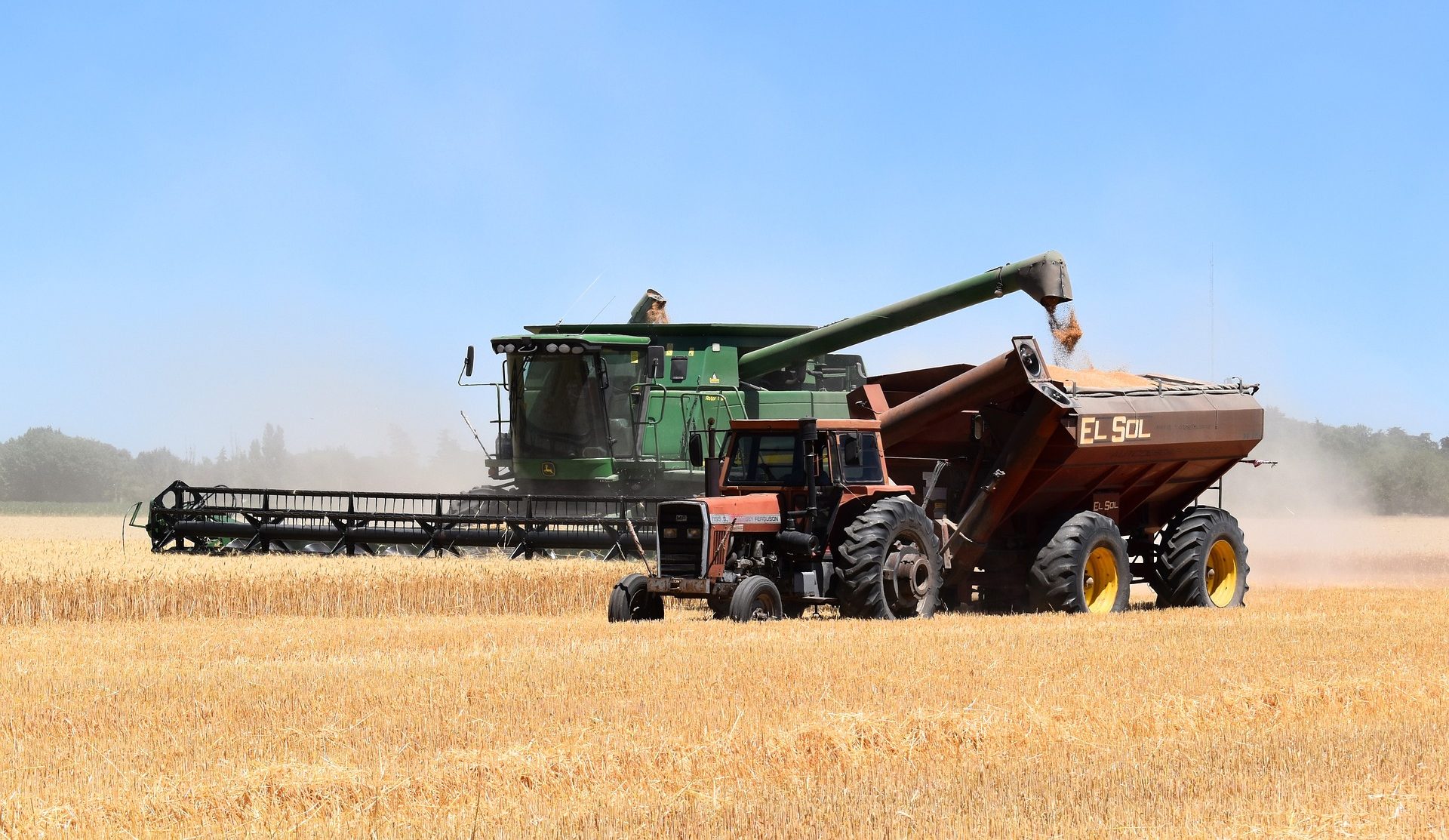
The President of the National Federation of Farmers' Cooperatives and Farmers' Groups said that European crop prices have practically halved and are now well below cost.Continue reading
The deadline of September 15 for EU countries neighboring Ukraine to lift the ban on the import of Ukrainian cereals into the EU is unacceptable, Agriculture Minister István Nagy stressed in Warsaw on Wednesday.
Speaking at a press conference following talks between the five countries’ agriculture ministers, István Nagy said that an agreement had been signed “signaling that Hungary, Poland, Bulgaria, Romania, and Slovakia will continue to cooperate on the Ukrainian cereals issue.”
“The 15 September deadline is unacceptable for us,” the minister said. He stressed that if the European Union (EU) does not extend the deadline to at least December 31, Hungary will “use all its means to protect Hungarian farmers.”
We will use all means to ensure that Hungarian farmers do not suffer further very heavy economic burdens,”
he added.
According to Nagy, the countries at the meeting agreed to support each other in the case of other agricultural products causing market disturbances, in order to make exceptions on solutions that “can contribute to the survival of the economy and to address the problems of farmers.”
At the EU level, the five countries want to develop a “common European solidarity” that would “help products from Ukraine reach third countries where they are much demanded by those in need,”
the Minister said.
He underlined that joint action by the five countries “is not against Ukraine, not against Ukrainian farmers,” but is needed to protect their own farmers.
He noted that it was important to eliminate the disruptions in the functioning of the solidarity corridors. “We cannot have a situation where cereals are stuck in border countries because of expensive land transport,” he emphasized.
Polish Prime Minister Mateusz Morawiecki, who attended the meeting, also stressed that Poland would not open its borders to Ukrainian cereals on September 15 and would continue to allow only their transit.
Either the European Commission agrees to work out rules to extend the ban, or we do it ourselves,” unilaterally or in cooperation with other countries,
he said.
“We will be tough, we will be firm, we will protect Polish farmers,” he added. He stressed that Warsaw would also act if it detected signs of destabilization in other agricultural products.
The Polish government’s position is to “prevent, modify, or compensate anything that harms Polish agriculture,” Morawiecki confirmed.
Polish Agriculture and Rural Development Minister Robert Telus called on
the EU to develop legal and infrastructural mechanisms that “will work for many years,” as Ukrainian and Moldovan products “will be around for a longer period.”
On the agriculture ministers’ agreement signed on Wednesday, Telus said the document also included a joint statement that the five frontline countries were “strongly open to the issue of transit.”
Featured image by István Fekete via Facebook/Nagy István